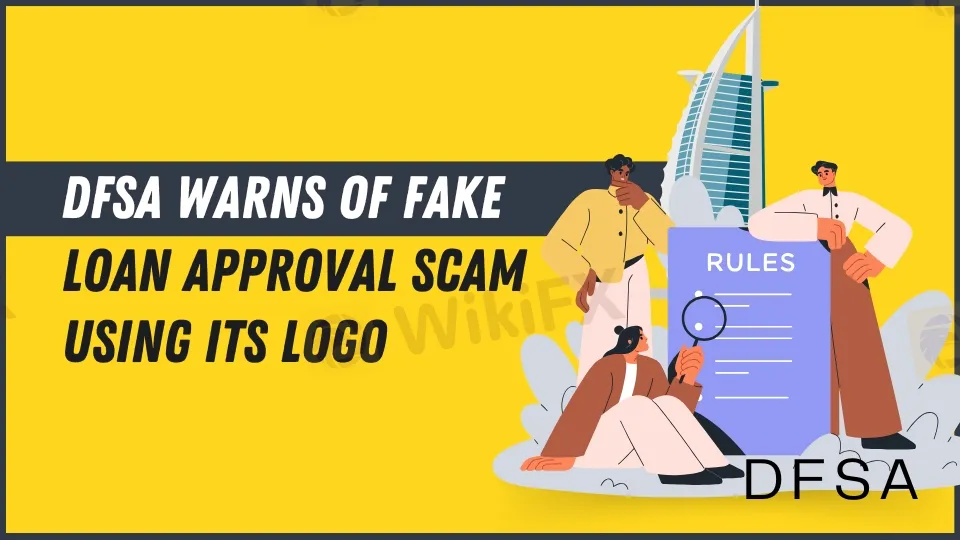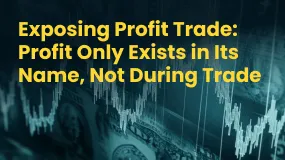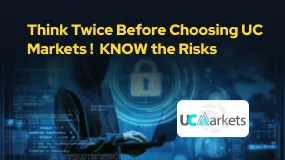简体中文
繁體中文
English
Pусский
日本語
ภาษาไทย
Tiếng Việt
Bahasa Indonesia
Español
हिन्दी
Filippiiniläinen
Français
Deutsch
Português
Türkçe
한국어
العربية
DFSA Warns of Fake Loan Approval Scam Using Its Logo
Abstract:The DFSA warns the public of a fraudulent loan approval letter featuring its logo, aimed at scamming individuals into paying a fake loan fee.

The Dubai Financial Services Authority (DFSA) has issued an urgent warning about a new scam that targets people with false loan acceptance letters. In an effort to seem professional, the letters falsely claim to be from Crowe Finance Ltd and make use of the DFSA emblem.
The forged letter tells recipients that they have been authorized for a loan of AED 25,000 with a payback term of 48 months. It further adds that monthly payments of AED 596 are required and offers a “customer service representative” to answer questions. In an attempt to mislead, the letter provides explicit instructions to ensure that bank accounts are adequately funded to prevent further costs.
The DFSA has verified that this letter is a hoax and was not issued by them or Crowe Finance Ltd, which is not licensed by the DFSA to operate. The DFSA has also said that no company is allowed to use its logo in communications without prior permission.
Consumers should reject such emails and avoid transferring money or personal information to people involved in the scam.
To increase safety, the DFSA has given tools on how to spot typical scams and prevent falling victim to fraudulent schemes. These warnings are published on their website, which also includes all issued notifications. The DFSA also invites customers to check their Public Register to see whether any companies or persons claim to be regulated.
If you have any suspicions regarding the validity of a letter or document purporting to be from the DFSA or a DFSA-regulated business, the DFSA suggests that you contact them immediately via their complaints mechanism or the DIFC Authority.
Finally, as frauds get more complex, it's vital to be watchful. Always double-check messages that seem to be official, particularly those involving money. If something appears too good to be true, it most often is.

Disclaimer:
The views in this article only represent the author's personal views, and do not constitute investment advice on this platform. This platform does not guarantee the accuracy, completeness and timeliness of the information in the article, and will not be liable for any loss caused by the use of or reliance on the information in the article.
Read more

Top 6 Shocking Truths Behind Pocket Option – Avoid this Trap
Before You Invest, Read This Important Article About Pocket Option. Protect Your Money from Scam! This article exposes 6 hidden truths about the broker that you need to know before making any investment.

Investors Call Growline a FRAUD Broker - Check Out Their Comments
Dreamt of massive returns on your forex investments through Growline but didn’t receive profit withdrawals? You are not alone! In this article, you will get to know about the problems faced by its investors. Read out their comments and share your reviews on our platform. We will highlight your issue.

Exposing Profit Trade: Profit Only Exists in Its Name, Not During Trade
If there was ever a forex scammer to be alert of, Profit Trade emerges as the first one. The Bulgaria-based forex broker has been annoying investors by denying their withdrawal requests, suspending their account without any reason, and unfulfilled promises.

Think Twice Before Choosing UC Markets –Know the Risks
Forex trading has become increasingly complex and risky, especially for newcomers. While the foreign exchange market still offers legitimate opportunities for traders and investors, but investment scams have now become common. Fake brokers are widespread, and spotting them can be extremely difficult . The only way to safeguard your capital is to stay informed and alert. In this article, we’ll break down the red flags of UCMarkets and explain why you should avoid it .
WikiFX Broker
Latest News
U.S. doubles down on Aug. 1 tariffs deadline as EU battles for a deal
Buffett and Thorp’s Secret Options Strategies
Sharing Trading Mistakes and Growth
Trading Market Profile: A Clear and Practical Guide
Eyeing Significant Returns from Forex Investments? Be Updated with These Charts
CNBC Daily Open: The silver lining of positive earnings could be too blinding
CNBC Daily Open: Solid earnings beats might mask tariff volatility these two weeks
Mastering Deriv Trading: Strategies and Insights for Successful Deriv Traders
Brexit made businesses abandon the UK. Trump's hefty EU tariffs could bring them back
Jeep-maker Stellantis expects first-half net loss of $2.7 billion as tariffs bite
Currency Calculator


